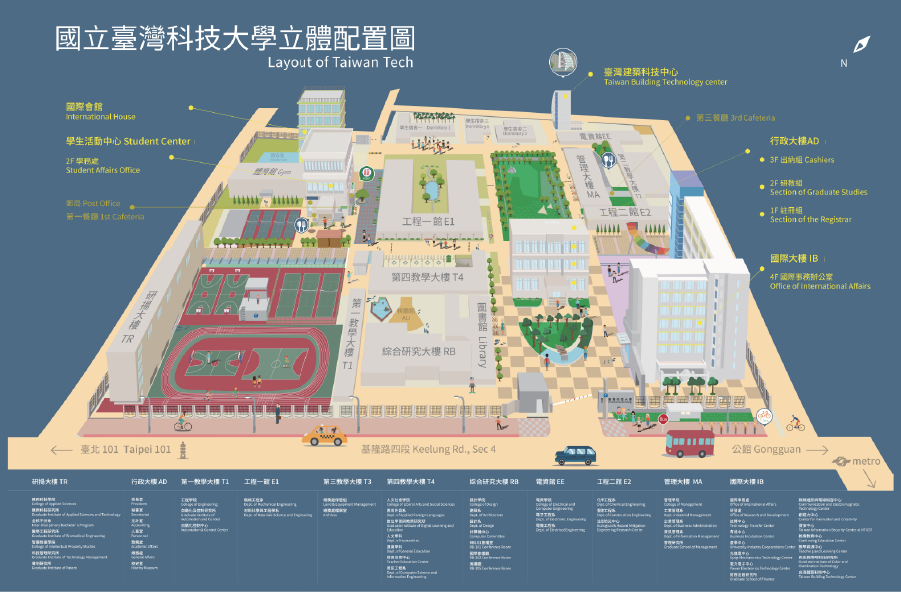Research Field
Graduate Institute of Automation and Control (GIAC) was founded for cultivating high-level professionals synchronized with the development of industrial automation according to Taiwan’s government economic policies. GIAC was established by Engineering Technology Research Institute in 1994, with its aim of conducting interdisciplinary education and research by combining faculty in automation and control fields. Eight faculty members in combination with twenty joint-appointments from other departments in Taiwan Tech involve in teaching and research programs. There are currently over 100 graduate students enrolled in GIAC for his/her master’s and doctoral degrees. GIAC, not only for local students, also accepts the application from international students to study in the perspective fields. Main areas of research include moden control theory, intelligent control, sensing, robotics, machine vision, image processing, automated optical inspection, opto-mechatronics, and green energy. Innovative projects in these fields run across the institute’s faculty and students using the latest facilities in sixresearch Labs including CAD/CAM Lab, Control System Simulation Lab, Automated Sensing and Control Lab, Opto-Mechatronics Lab, Integrated Automation & Control System Lab, Optical Nano-Micro Sensor Lab, Advanced Optical System Lab, Chaotic System and Signal Processing Lab, System Dynamics and Control Lab, and Intelligent Systems & Multimedia Applications Lab. The cooperation between the industry and GIAC, or the international academic institutes and GIAC is proceeding and enriches GIAC contents in future development. In addition, GIAC faculty show the strong research performance with the average 4 journal or conference publications per faculty member per year.
The study on the integrated energy control and servo control of the valve control hydraulic cylinder system by using the Genetic Algorithm and H∞ control (winner of the Chinese Institute of Engineers –Engineering Academic Paper Award).
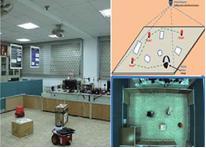
The Intelligent Robot Feature Model Project of the Ministry of Education-sub-project (2009-2011): use the panoramic camera to establish environmental information, use the image servo control to obtain the locations of the robot and the obstacles, and use the intelligent control algorithm to achieve automatic obstacle avoidance, navigation and target tracking and other goals.
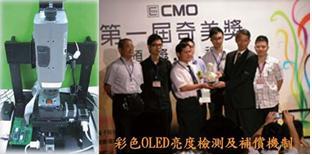
National Science Council project -color OLED luminance detection and compensation mechanism (winner of the Industry-University Cooperation Featured Competition of 2006 Ministry of Education Display Technology Science and Technology Talent Training Program -the First CMO Award, Fine Piece Award)
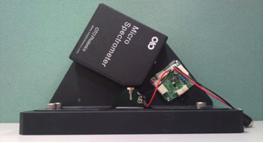
Micro-Nano Device Sensing Laboratory-is committed to micro-spectral sensing technology development and application. Spectral sensing can be applied in a variety of detections including the biochemical and physiological indicator detection, LED and light source detection, gem identification, and color calibration.
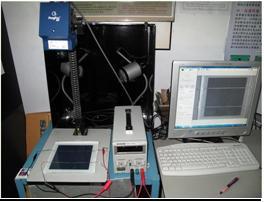
Opto-Mechatronics Lab devoted to using infrared CCD to check the defects of solar cell module with power supply connected.
